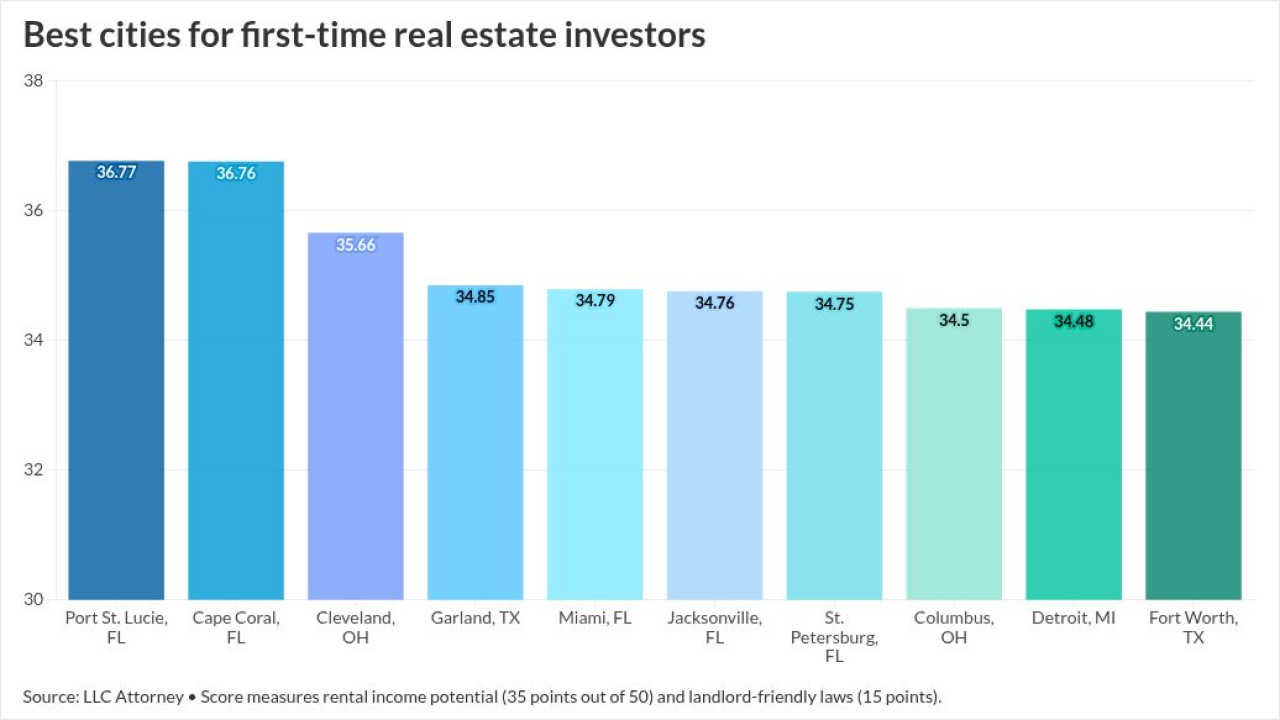Nonbank mortgage companies added 4,600 employees to their payrolls in July and may add more to address rate-driven increases in loan volume.
At 326,900, nondepository mortgage employment during the month was almost 2% higher than an upwardly revised 322,300
And more recently, individual companies have continued to show interest in adding to their ranks.

Churchill Mortgage, for example, reported in late August that it has hired 109 employees across the country.
Companies in the broader job market continue to add to their payrolls as well, but at a slower pace than in the past.
U.S. businesses added 130,000 jobs across all industries in August, according to the BLS, which reports overall employment more immediately than nonbank mortgage data.
In comparison, U.S. employers added 159,000 jobs in July, and added 178,000 jobs in June. Both months' numbers went through downward revisions.
Last month's job growth paled in comparison to a gain of 282,000 during the same period a year ago.
But unemployment last month, at 3.7%, was 0.2% lower than it was in August of last year.
The unemployment rate hasn't changed in three months, but economic forecasts suggest it could eventually rise.
"We expect that job growth will continue to wane and that there will be some upward pressure on the unemployment rate over the next year," Mike Fratantoni, senior vice president and chief economist at the Mortgage Bankers Association, said in a report released by the trade group.
"That said, the unemployment rate remains remarkably low, wage growth continues to be steady, and also well above the rate of inflation. With more purchasing power and low mortgage rates, we expect to see continued strength in the housing market."
Increased wages have fueled a 2.7% increase in household income. That marks the highest rate of growth in that metric since March, and bodes well for the housing market.
"While recent yield curve inversion stokes the flame of recession talk, measures of the real economy — such as jobs and wage growth, remain strong," Odeta Kushi, deputy chief economist at First American, said in an email. "It is household income that drives consumer spending and house buying, so it appears the U.S. consumer remains healthy and poised to spur more growth."
However, a slowdown in job formation within the new-home construction market suggests there won't be much relief from the ongoing housing inventory shortage any time soon.
"Residential construction (including specialty trade contractors) increased by the smallest amount since April; a disappointing number given that a robust increase in construction is required to alleviate the affordability challenges faced by homeowners and renters," Doug Duncan, chief economist at Fannie Mae, said in a statement the agency distributed Friday on the jobs numbers.


